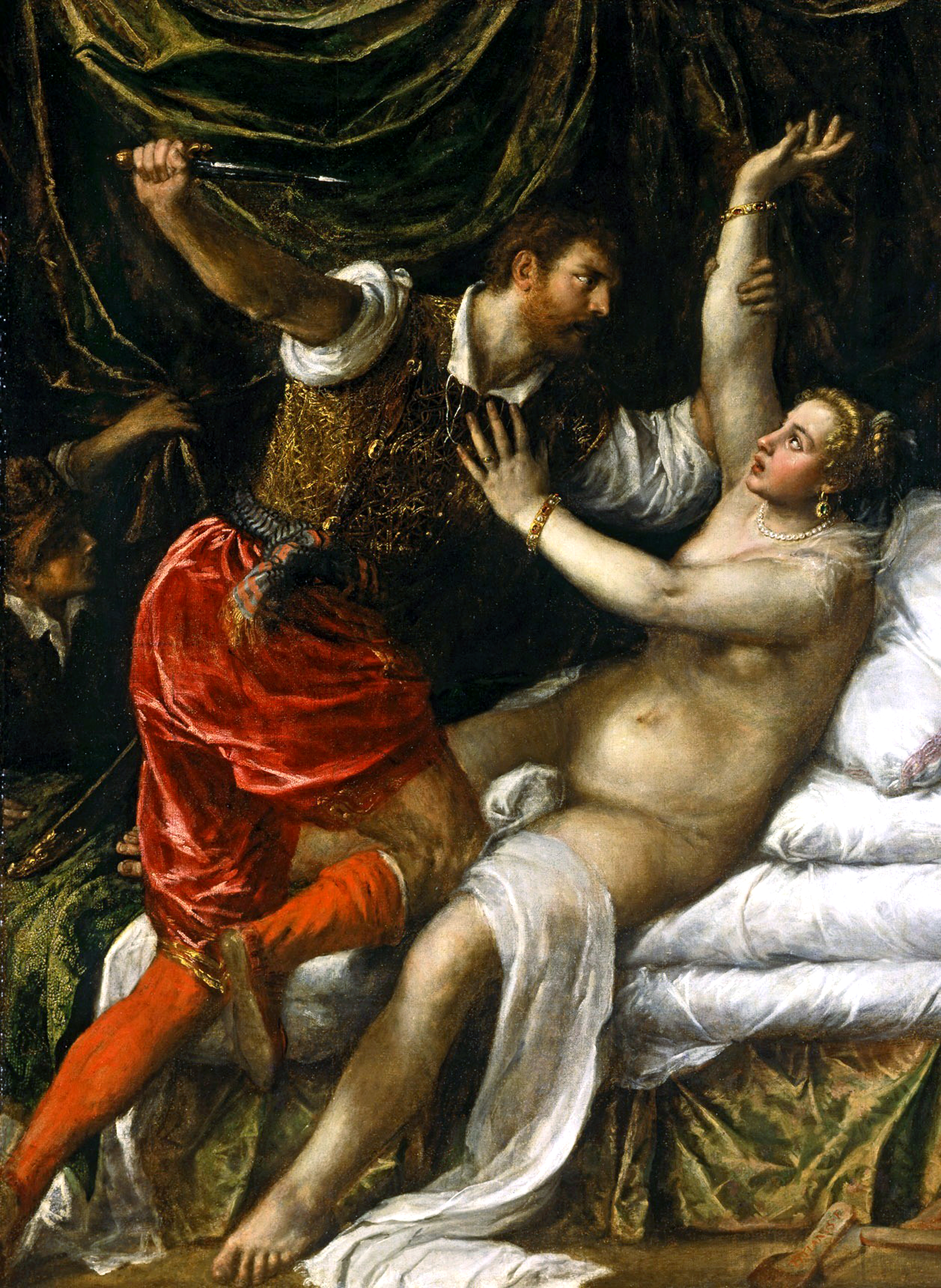A Raging Cold War between China and United States – Two of World’s Biggest Diplomats
 The prospective meeting of two Nobel peace prize laureate has threatened the China’s peace of mind. Where the meeting of US president Obama and Dalai Lama has brought a ray of hope for Tibetians, the Chinese have taken it as a sign of interference. U.S. has been warned that their association with the Buddhist monk would “seriously undermine the political foundation of Sino-US relations” and “it will certainly threaten trust and cooperation between China and the United States”.
The prospective meeting of two Nobel peace prize laureate has threatened the China’s peace of mind. Where the meeting of US president Obama and Dalai Lama has brought a ray of hope for Tibetians, the Chinese have taken it as a sign of interference. U.S. has been warned that their association with the Buddhist monk would “seriously undermine the political foundation of Sino-US relations” and “it will certainly threaten trust and cooperation between China and the United States”.
The starting of 2010 also witnessed the Google controversy in China. Google declared that it was no longer willing to continue censoring its results on Google.cn. It was also alleged that the Chinese government might have used Google to spy on human rights activist. China responded to the controversy saying that the acquisitions are baseless and the foreign companies are required to follow the local laws. Whether or not Google would cease to operate in China is not yet decided but it surely strained the relation between the two countries.
Like Tibet, Taiwan has also been declared an autonomous entity within China itself. However, the independence enjoyed by them is only nominal. Japan and US support complete independence of Taiwan which is considered a threat to national integrity and sovereignty by China.
In 2008 US expected to sale Taiwan Black Hawk helicopters and anti-missile batteries which had created tension between the two. Moreover USA support to Human Rights in China is also considered interference in the internal affairs of the country by the latter. Not only this the trade and economic relationship is also strained between the two. There have been disputes related to tires, steel pipes and even over valuation of Chinese currency.
US owes nearly a trillion-dollar debt to China. One of the major reasons for the Copenhagen deal failure was that a junior official was send to a meeting with Obama in place of Hu Jintao, China’s president. The conflict is not only on political front but also ideological, where one is a strong protagonist of communism the other supports consumerism. In one country the press is given absolute freedom but in other media censorship laws are very stringent.
But in spite of these differences both are diplomatic friends on the world forum. USA is being continuously pressurized by its Asian partner. Its not only because of debt but also because a majority of its population is dependent on cheap Chinese goods. China has emerged a strong nation in due course of time and USA’s current economic condition would make it difficult for US to wage a war against it.
Ironically all prospective candidates for presidents post in the country wanted to be ‘tough on China’ on election but rather it is seen that both Helary Clinton and Obama both have amenable attitude towards China. Not only this Obama was also criticized for avoiding a meeting with Dalai Lama on his China visit. Now if Obama meets his holiness in spite of China’s warning the rift between the two nations would widen. Where his holiness expects support from US in his middle way approach, Chinese want non-interference
Read more


 India Today in its list of 30 land mark judgements included the name of K.M. Nanavati Vs State of Maharashtra 1960.
India Today in its list of 30 land mark judgements included the name of K.M. Nanavati Vs State of Maharashtra 1960. 
 I don’t know what to define first marriage or rape because they are pole opposite to each other. Where marriage is a form of spiritual, social and legal union of two souls, Rape is the sexual intercourse between a pervert and his victim.
I don’t know what to define first marriage or rape because they are pole opposite to each other. Where marriage is a form of spiritual, social and legal union of two souls, Rape is the sexual intercourse between a pervert and his victim. Prostitution is the oldest profession of the world. It has been prevalent since time immemorial. India is a land of culture and morals. And even though many of us would regard prostitution as immoral, It has been seen in our culture to.
Prostitution is the oldest profession of the world. It has been prevalent since time immemorial. India is a land of culture and morals. And even though many of us would regard prostitution as immoral, It has been seen in our culture to.